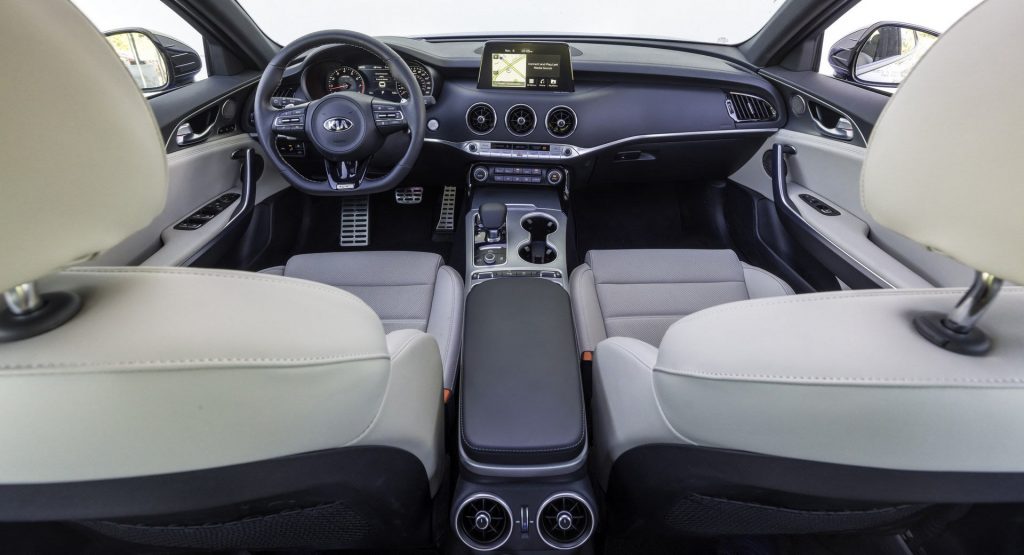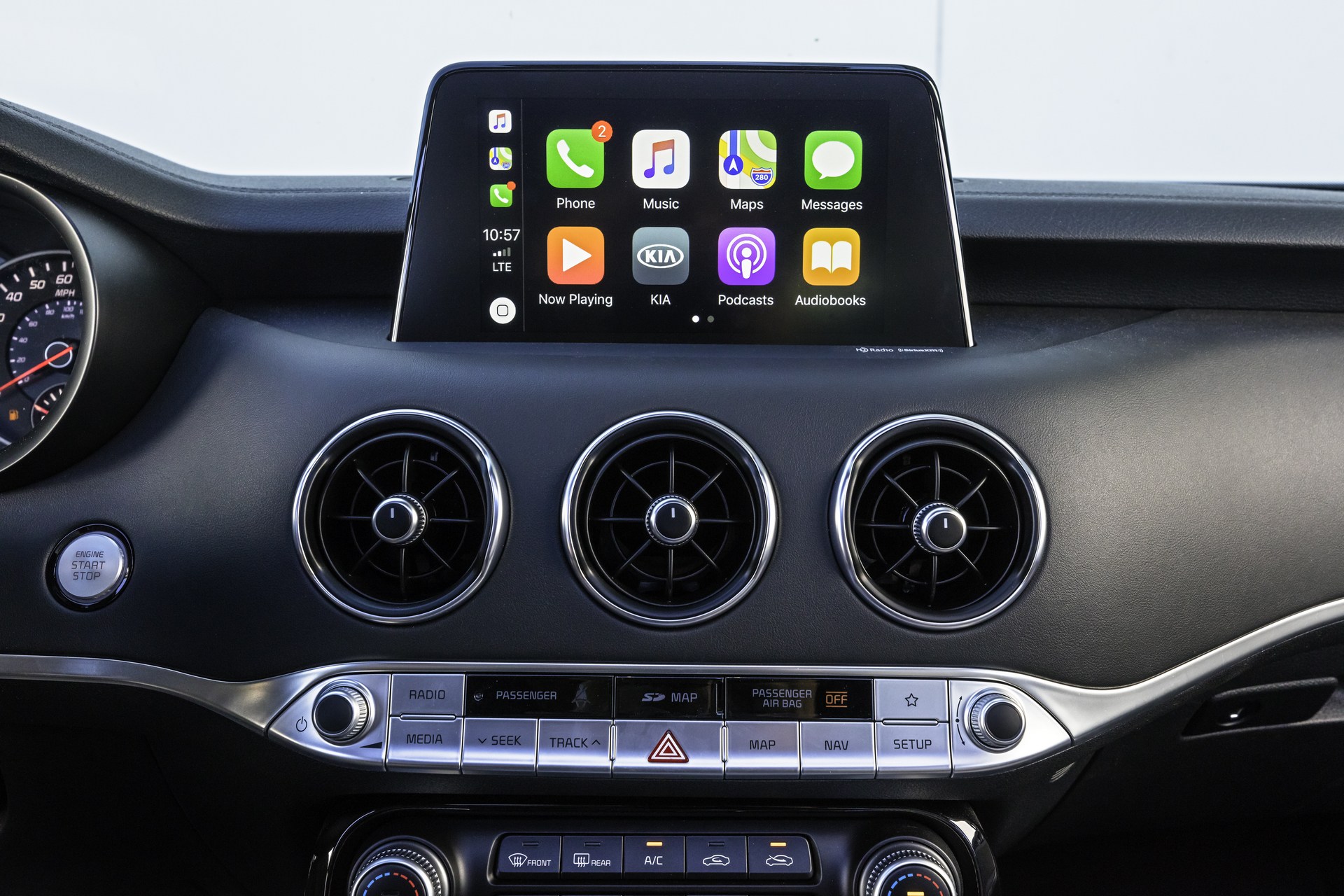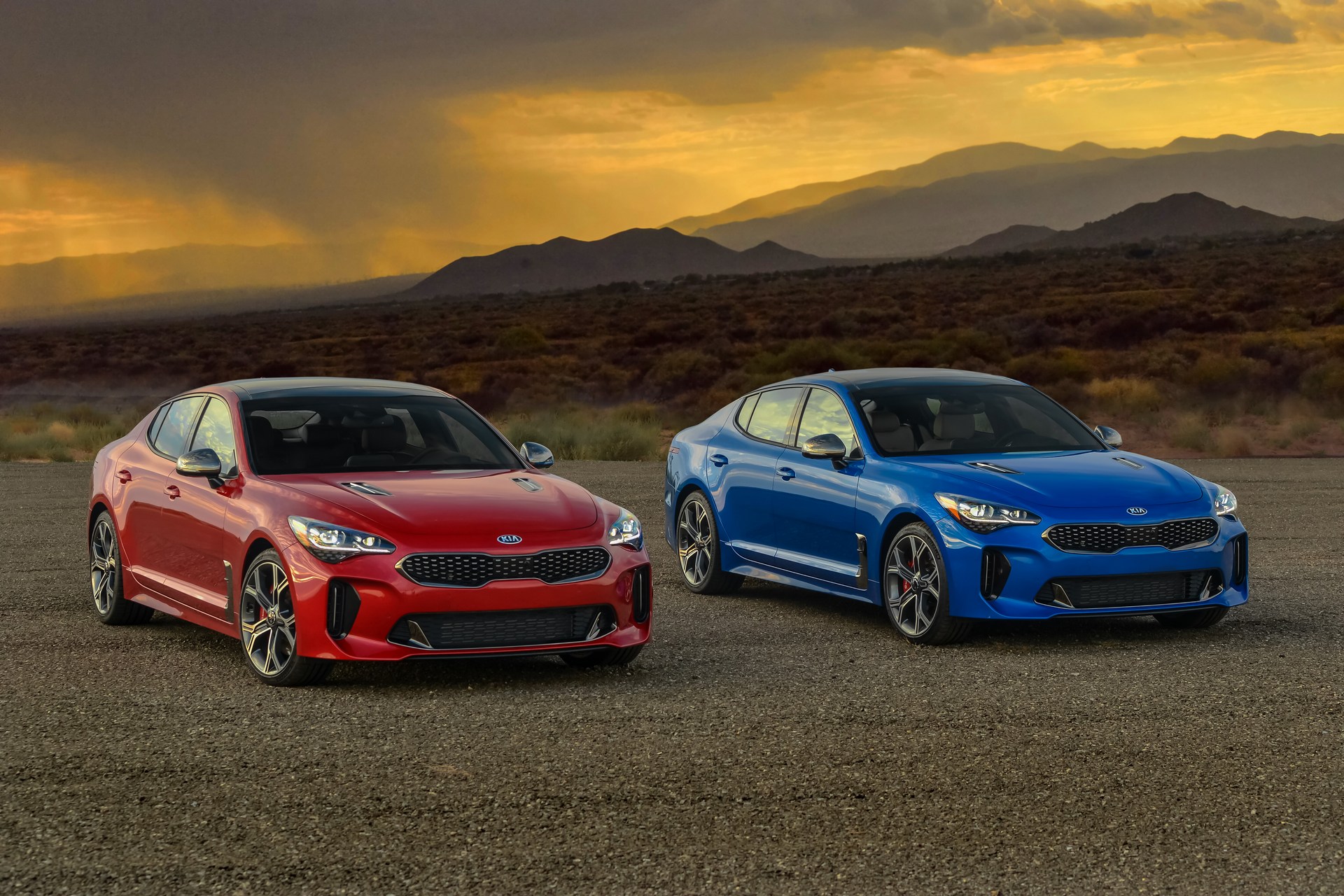The J.D. Power US Tech Experience Study has revealed that many owners of new vehicles across the United States aren’t won over by driver assistance technologies.
The study, which surveyed 20,000 new car owners of 2019 model year vehicles in the United States, analyzed how 38 different technologies impacted the first 90 days of ownership.
Many respondents expressed their grievances towards lane-keep assist and lane-centering systems. In fact, 23 per cent said they found these systems to be “annoying and bothersome”, and of these , 61 per cent disabled them altogether. The study also found that 21 per cent of drivers who didn’t find the systems that annoying were still disabling such assistance technologies.
Also Read: J.D. Power’s 2019 UK Dependability Study Brings Peugeot On Top, BMW Dead Last
“Some brands are succeeding at making their safety technology effective without being overbearing. Some are good at one aspect but weaker at another, and some are struggling with both,” executive director of Driver Interaction & Human Machine Interface Research at J.D. Power, Kristin Kolodge, said. “This is why one brand has 90% of its customers wanting lane-keeping/centering on their next vehicle, while another brand has just 59% of its customers saying the same thing.”
The survey also looked at the overall satisfaction customers have for Apple CarPlay and Android Auto. Of those questioned, 69 per cent had vehicles with Apple CarPlay and/or Android Auto and only 68 per cent said they wanted factory-installed navigation in their next car.
The single best-performing model in the study was the Kia Stinger, which scored 834 on a 1000-point scale for its tech experience. Other highly-ranked cars included the Hyundai Kona, Toyota C-HR, Kia Forte, Chevrolet Blazer, Porsche Cayenne and Ford Expedition.





